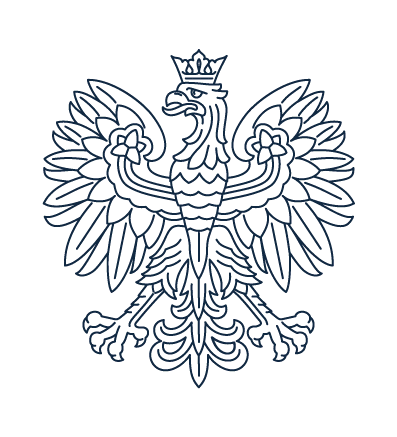DETAILED PROGRAMME (REPERTOIRE) REQUIREMENTS
NOTE: The Examination Boards reserve the right to select works or parts thereof during the entrance examination.
DETAILED REQUIREMENTS
FOR THE UNDERGRADUATE (BACHELOR’S DEGREE) PROGRAMME
A two-stage examination; candidates who have passed the first stage are admitted to the second stage.
Playing the violin
Stage 1:
- any etude or caprice for solo violin (excluding works by: Mazas, Fiorillo, Wohlfahrt, Campagnoli, Kreutzer);
- two contrasting movements from solo sonatas and partitas by J.S. Bach or 12 Fantasias by G.Ph. Telemann (or the Ciaccona from Partita No. 2 in D minor);
- the first, or second and third movements of any viola concerto from classicism to the present.
The programme must be performed from memory.
- sight-reading;
- preparation of a quick study piece.
Stage 2:
- an ear training exam.
Playing the viola
Stage 1:
- a chosen caprice for solo viola;
- two contrasting movements from J.S. Bach’s collection of suites for solo cello;
- the first, or second and third movement (if applicable) from any violin concerto.
The programme must be performed from memory.
- sight-reading;
- preparation of a quick study piece.
Stage 2:
- an ear training exam.
A candidate may take the exam for the viola major performing it on the violin before a committee appropriate to the major.
DETAILED REQUIREMENTS
FOR THE GRADUATE (MASTER’S DEGREE) PROGRAMME
A one-stage examination
Playing the violin
- a chosen caprice for solo violin;
- two contrasting movements from J.S. Bach’s sonatas and partitas (or the Ciaccona from Partita No. 2 in D minor);
- first, or second and third movements of a violin concerto from classicism to the present.
The programme should be performed from memory.
- sight-reading;
- preparation of a quick study piece.
Playing the viola
- any caprice for solo viola;
- two contrasting movements from a collection of suites for solo viola by M. Reger;
- the first, or second and third movements (if applicable) of a viola concerto from classicism to the present;
The program should be performed from memory.
- sight-reading;
- preparation of a quick study piece.






